Vietnam/Diciembre de 2016/Fuente: Tuoitrenews
RESUMEN: Dos jóvenes de Vietnam y Canadá han dado la visión de ayudar a los estudiantes vietnamitas recogiendo la primera comunidad de opinión sobre la educación del país del sudeste asiático. El Vietnamita Ho Hoan Duc, 26, y el canadiense Austin Carter, de 24 años, se reunieron en Francia, mientras los dos asistían a la Universidad Católica de Lyon. Con una pasión común para los arranques, se mantuvieron en contacto después de la graduación para intercambiar ideas sobre la posible puesta en marcha en la cual podían trabajar juntos. El momento decisivo fue en junio pasado, cuando Carter decidió dejar el trabajo en Canadá y va a Vietnam para comenzar a trabajar en el primer proyecto de educación por sugerencia de su amigo vietnamita. Hoan también renunció a la oportunidad de trabajar y de establecerse en Francia para prestar total atención a su ideal de crear una plataforma donde los alumnos podrían dejar comentarios y opiniones sobre las instituciones educativas en el país.
Two young men from Vietnam and Canada have turned their vision of helping Vietnamese learners pick the right school into the Southeast Asian country’s first education review community.
Vietnamese Ho Duc Hoan, 26, and Canadian Austin Carter, 24, met in France while the two were attending the Catholic University of Lyon back in 2013.
With a common passion for startups, they kept in touch after graduation to exchange ideas on a possible startup on which they could work together.
The decisive moment came last June, when Carter decided to quit his high-paying job in Canada and came to Vietnam to start working on their first education startup upon the suggestion of his Vietnamese friend.
Hoan also gave up an opportunity to work and settle down in France to pay full attention to his ideal of creating a platform where learners could leave comments and reviews on educational institutions in the country.
His idea of such a platform came as a result of his own observation of how Vietnamese people are treated with a lack of credibility abroad.
“There was this time when I was transiting at Frankfurt airport, out of hundreds of passengers, only a group of Vietnamese students were held up for a thorough security search,” Hoan recalled. “During my study in Europe, I could see that the trust level of natives toward Vietnamese people was incredibly low, even in educational terms.”
Hoan said such observations had led him to think of a way to improve the credibility of Vietnamese individuals and organizations, in order to bolster the image of his country in general.
EBrand Index Value
Launched in 2015, Hoan and Carter’s startup EBrand Index Value (EBIV) revolves around offering users a platform to give reviews and scores on universities, colleges, language centers, and clubs in Vietnam.
As of November, the website of EBIV had been visited nearly 280,000 times. It is now offering over 20,000 user-generated reviews on educational facilities in the country.
The startup has been honored at several local startup competitions such as Startup Wheel 2016 and Hatch! Battle 2016, and will represent Vietnam at the SLUSH international startup meeting in Finland later this month.
Despite such success, Hoan said he also faced great challenges during the first few months following the launch of EBIV.
During the period, the duo’s platform targeted a much wider user base, allowing users to submit reviews on even kindergartens and high schools, which soon proved counterproductive as the site became jammed with unhelpful information.
The initial difficulty prompted the two to adjust their strategy to target only higher education institutions.
The two said they are looking to expand EBIV to users in other Southeast Asian countries and seek funds in 2017, while revealing their plan to include photo and video reviews in the near future.
Fuente: http://tuoitrenews.vn/education/38518/vietnamcanada-duo-help-learners-review-schools-with-education-startup
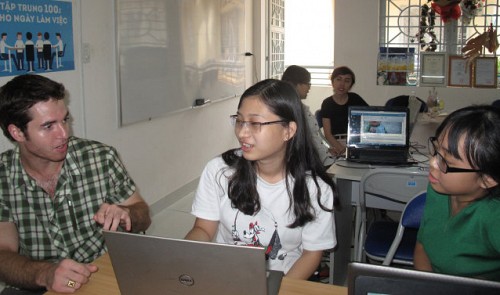
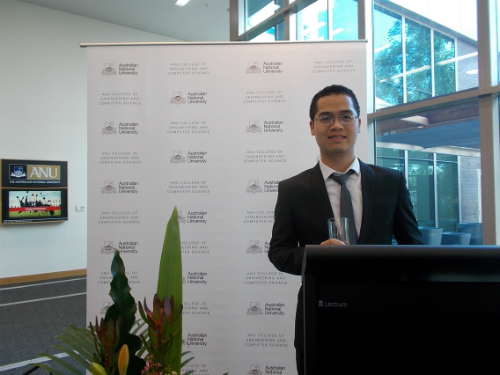
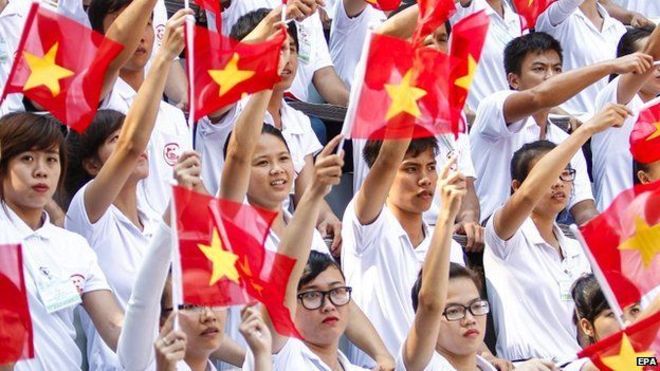
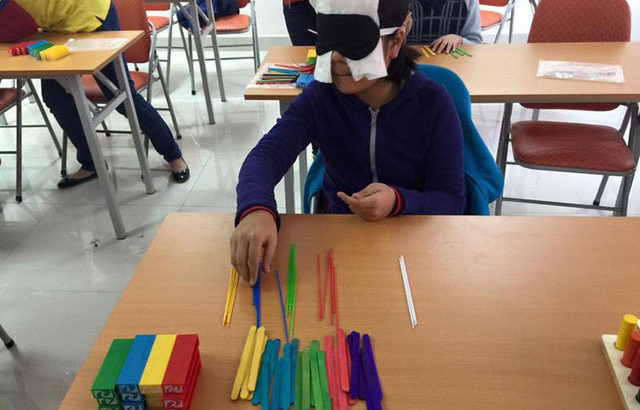

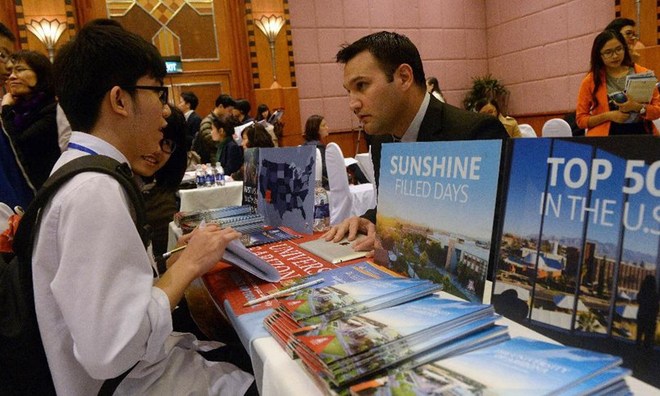
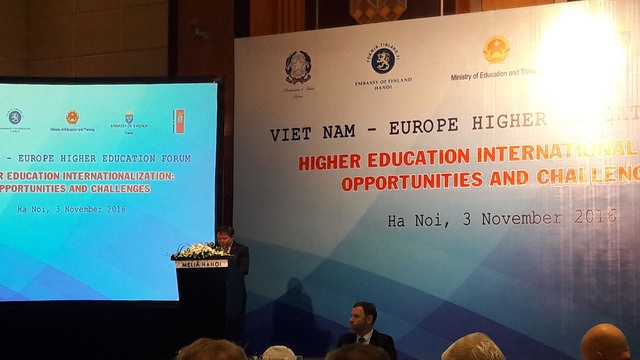






 Users Today : 46
Users Today : 46 Total Users : 35459641
Total Users : 35459641 Views Today : 98
Views Today : 98 Total views : 3418070
Total views : 3418070